Who is a Veterinary Emergency and Critical Care Specialist?
A veterinary emergency and critical care specialist is a board-certified specialist in diagnosing and managing emergencies and essential illnesses of cats and dogs. An emergency and critical care specialist undergoes extensive training to acquire the specialized skills to diagnose and treat critical illnesses. This involves completing veterinary school to become a veterinarian (4 years), an internship program (minimum of 1 year), and an approved emergency and critical care residency training program (3 years). After this training, the veterinarian must complete and pass multi-day examinations to become a board-certified veterinary emergency and critical care specialist. Our emergency and critical care specialist, Dr. Dara Gottlieb, is boarded with the American College of Veterinary Emergency Critical Care (ACVECC) and is, therefore, a Diplomate of the ACVECC. Dr. Gottlieb will work with our emergency veterinarians and staff to provide comprehensive care for our emergency and critical care patients and our overnight patients recovering from various surgical and non-surgical procedures.
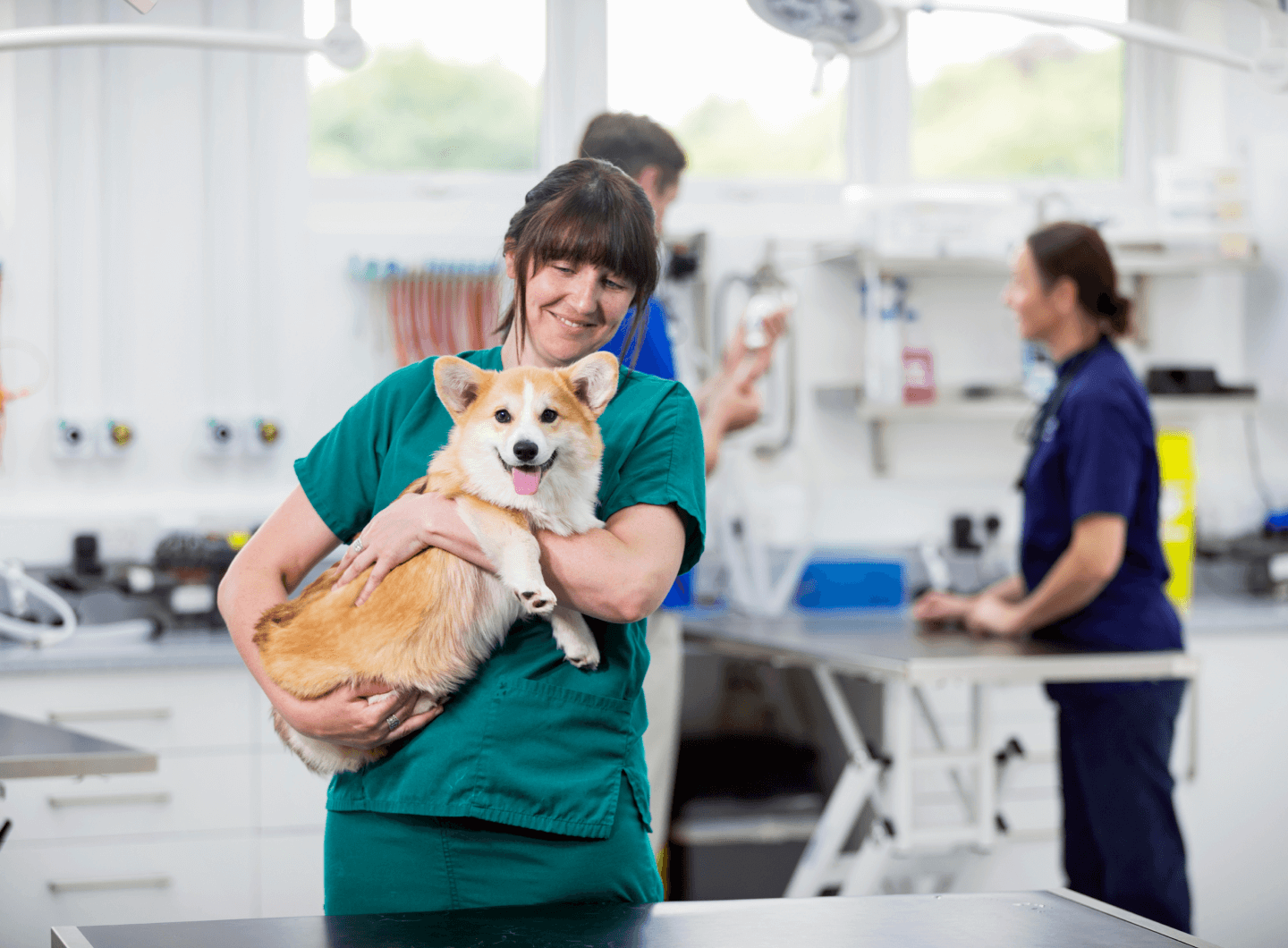
Our Emergency and Critical Care Specialist and Team
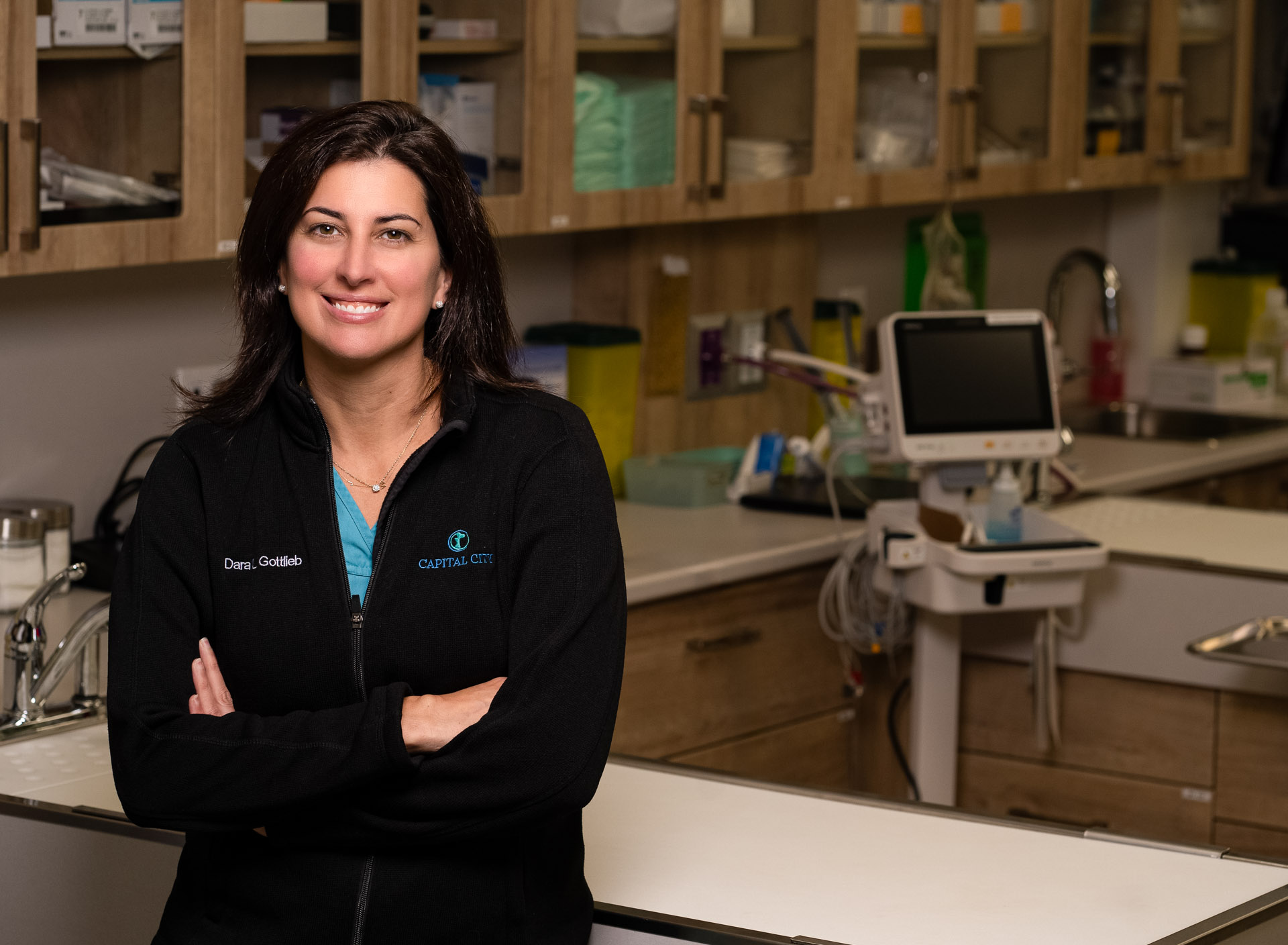
Dr. Dara Gottlieb
Veterinary Emergency
and Critical Care Specialist

Dr. Amy Bullerwell
Emergency Veterinarian
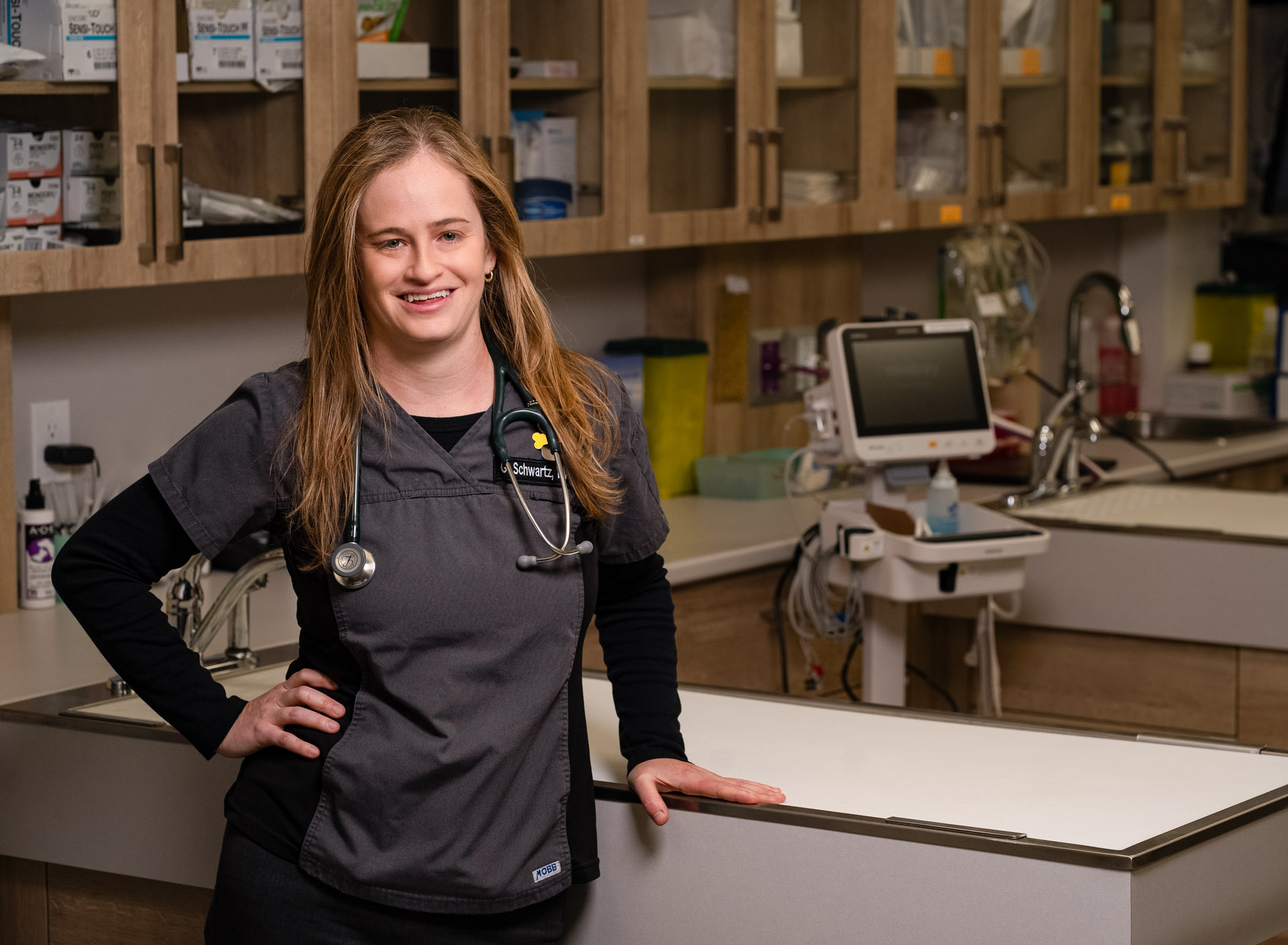
Dr. Galya Schwartz
Hospitalist
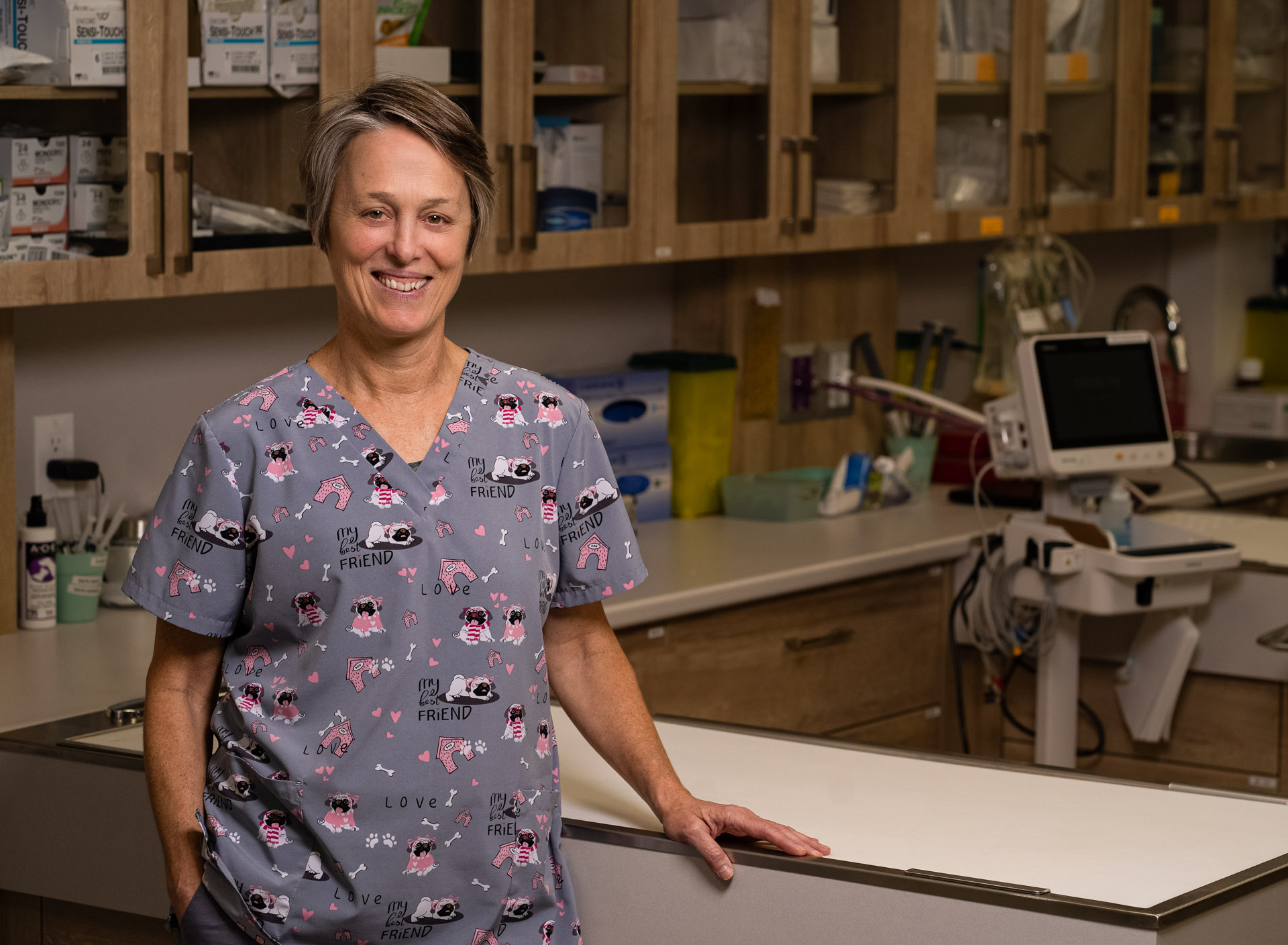
Dr. Jackie Pelot
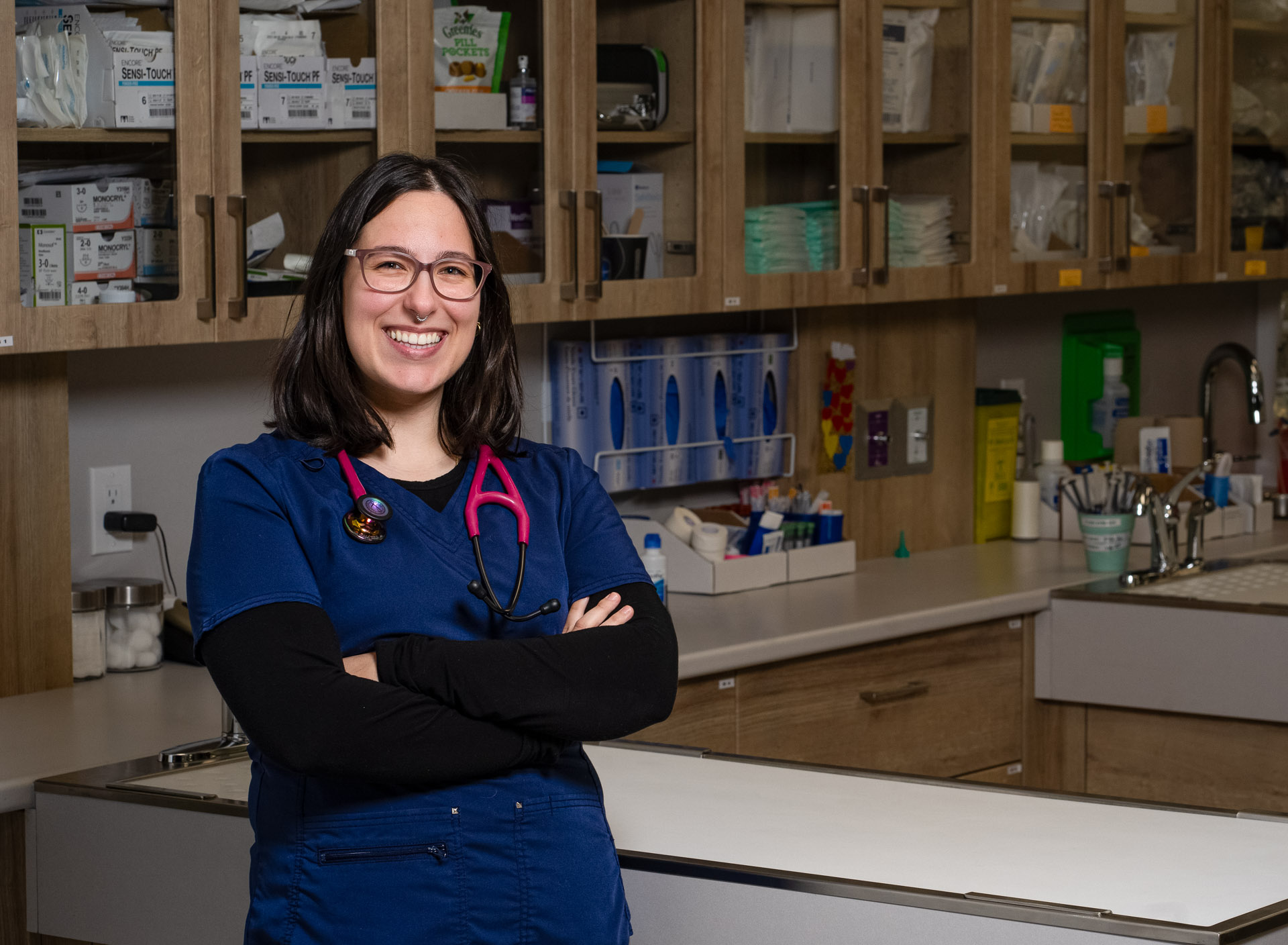
Dr. Christina Couloulias
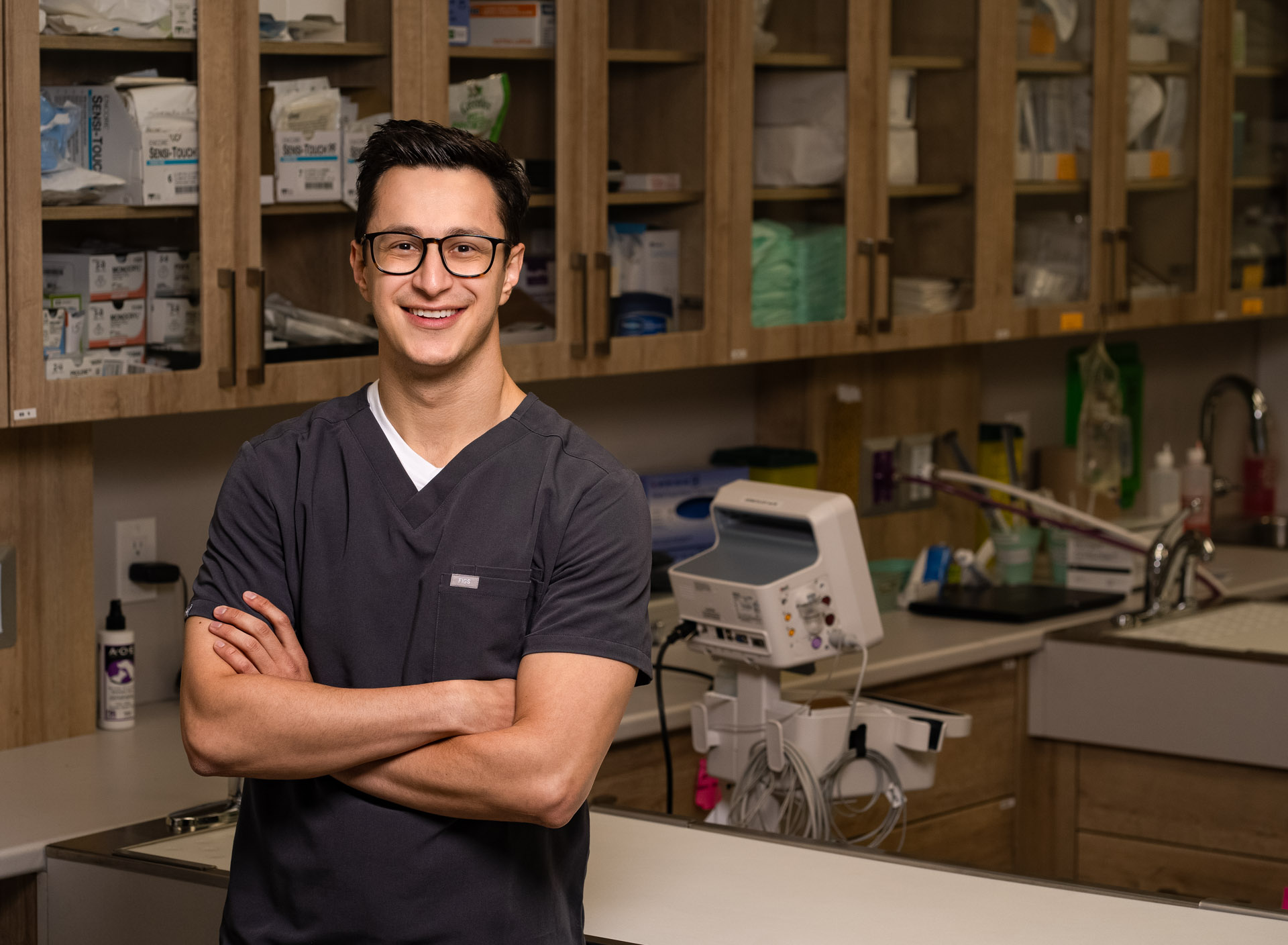
Dr. Aaron Ilacqua
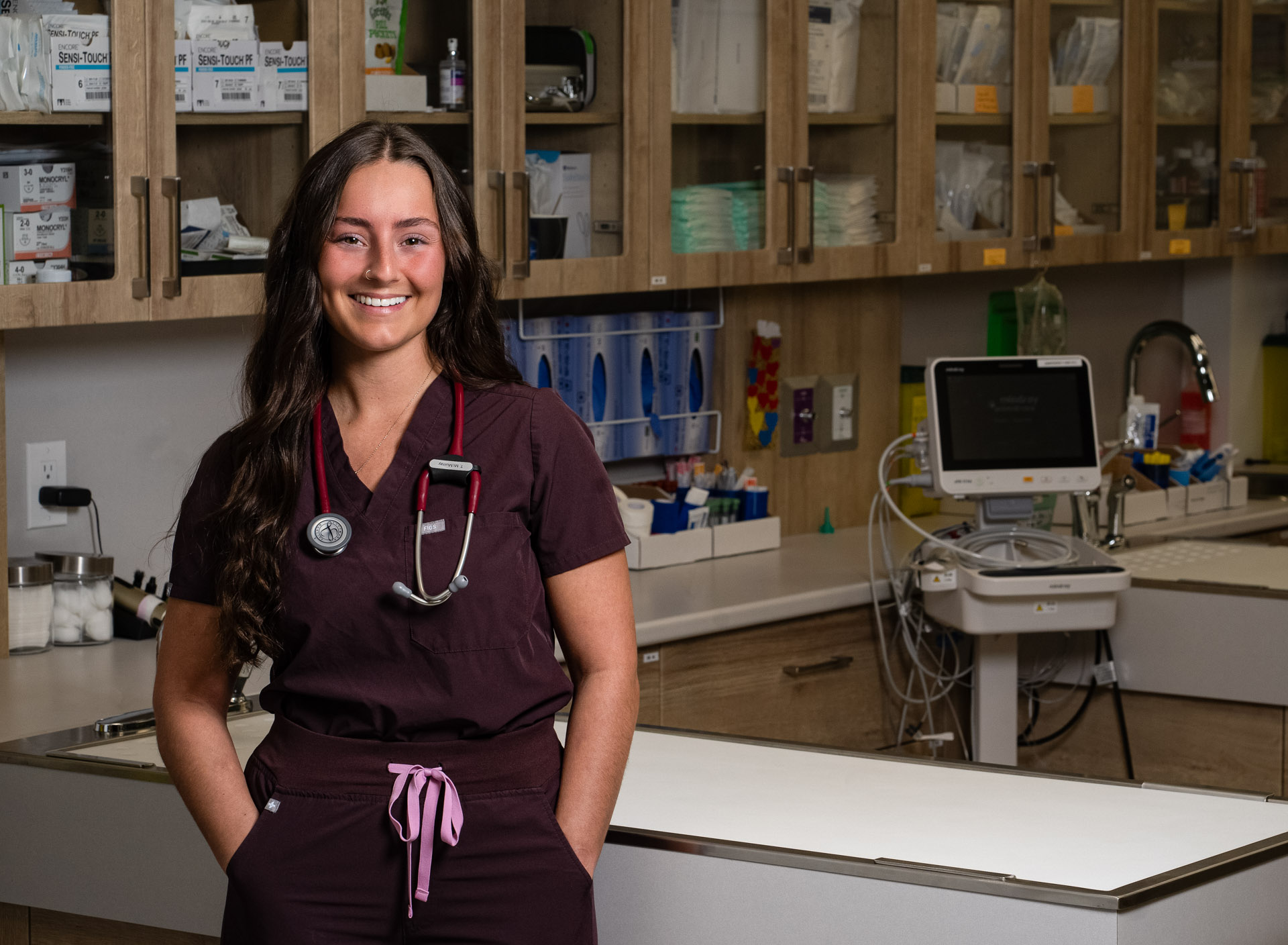
Dr. Tiffani McMurray
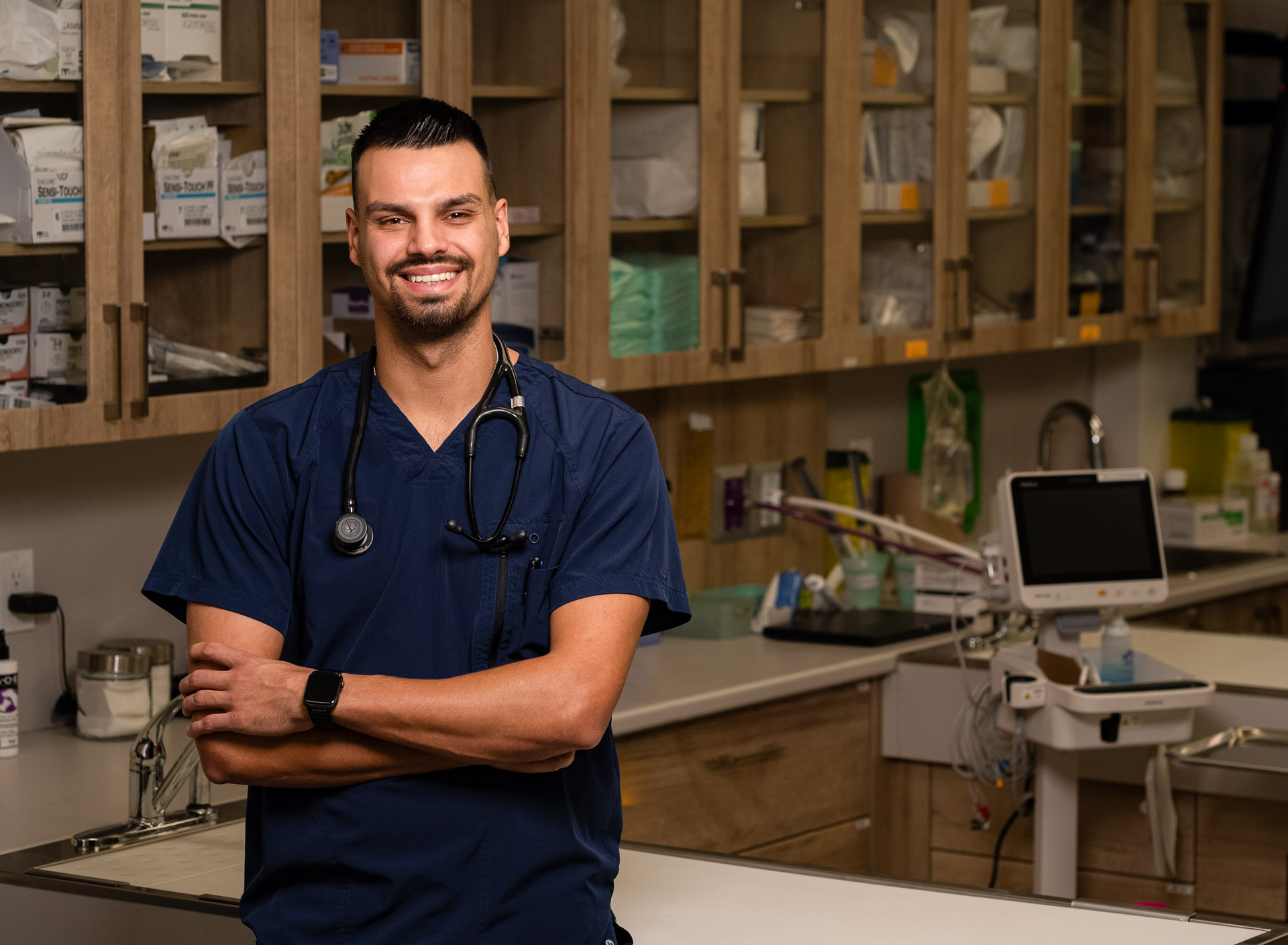
Dr. Matt Meihls
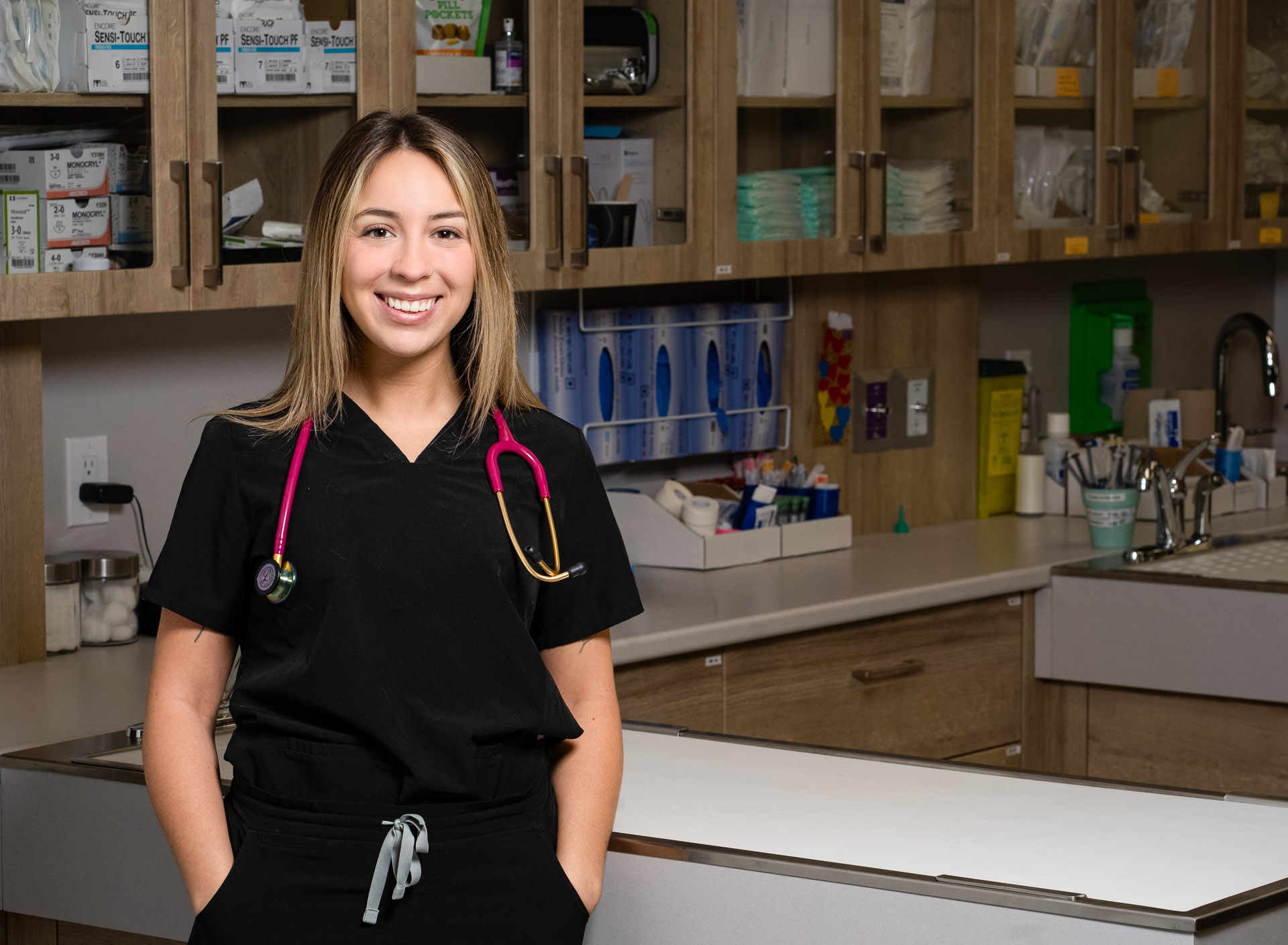
Dr. Melissa Ricciutelli
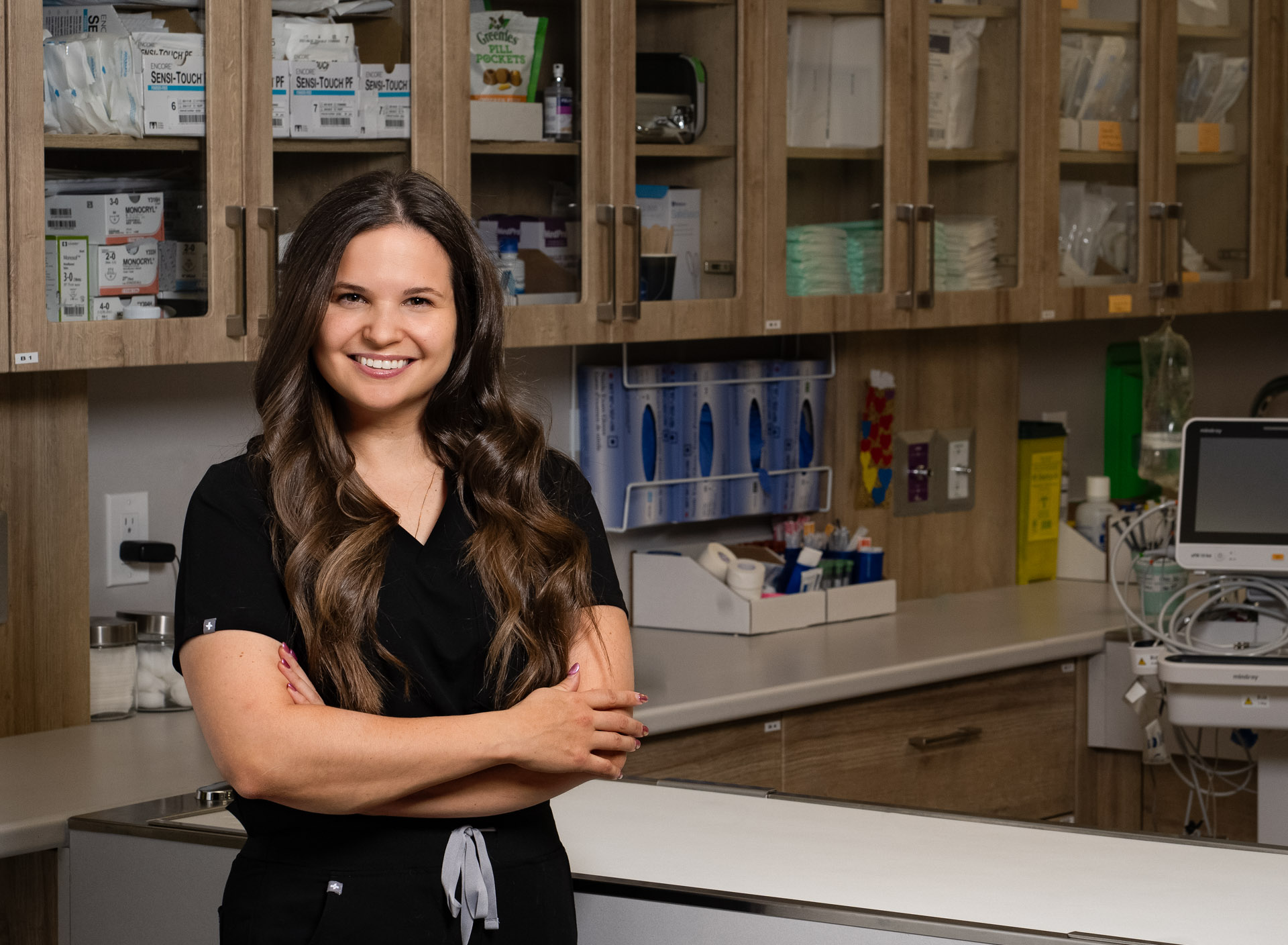
Dr. Jennifer Sawyer
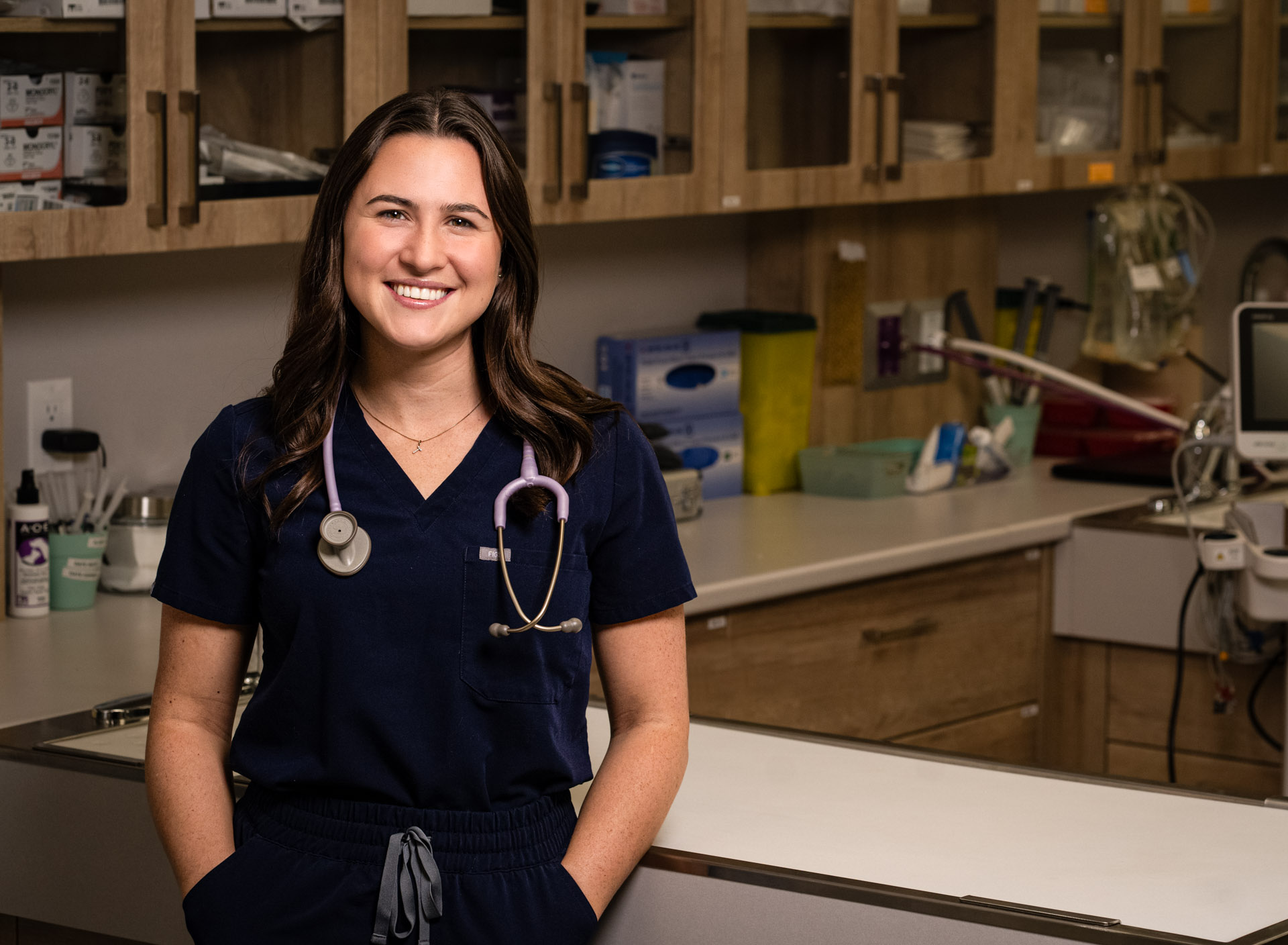
Dr. Teagan Smith
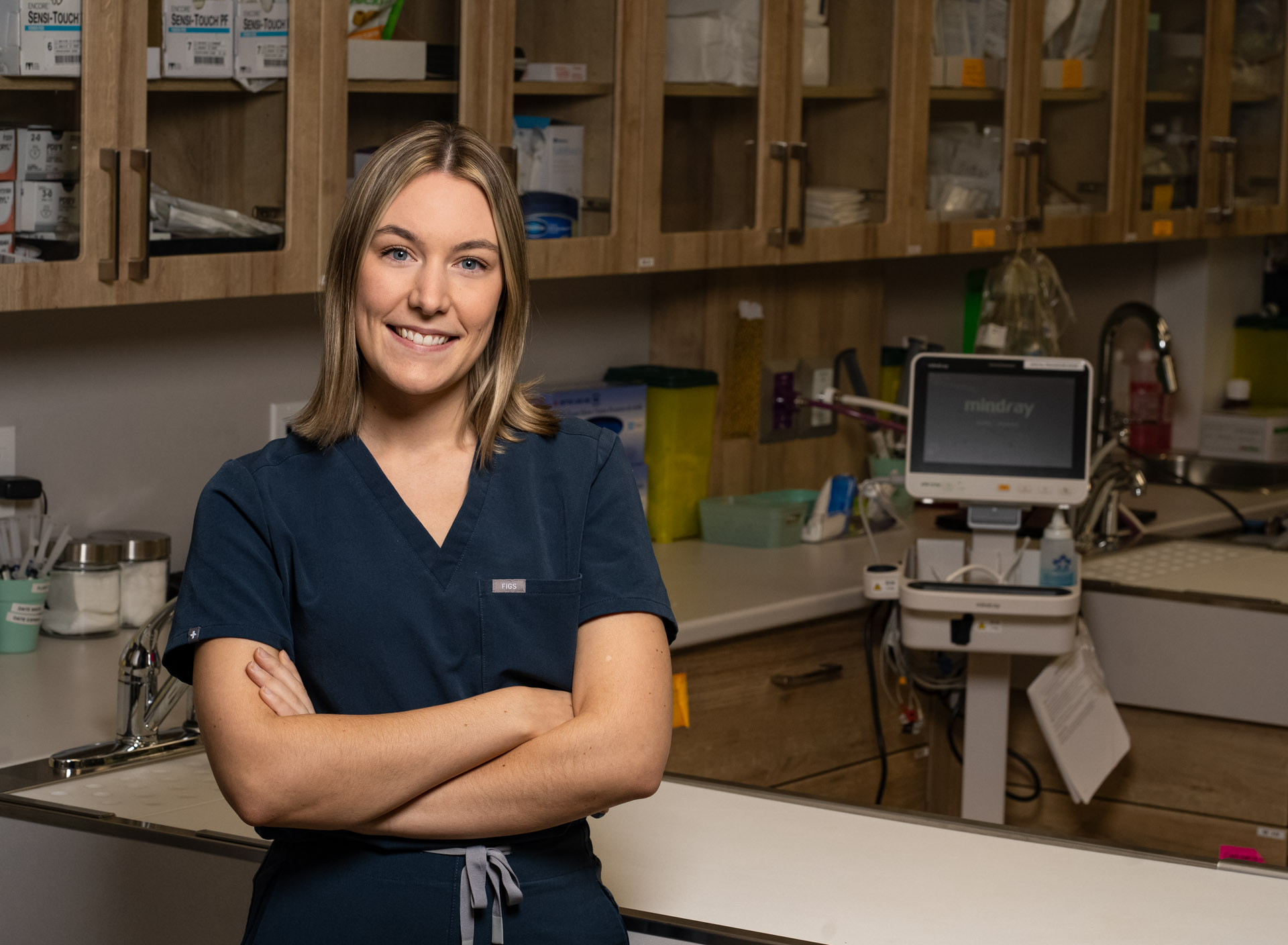
Dr. Megan Strong
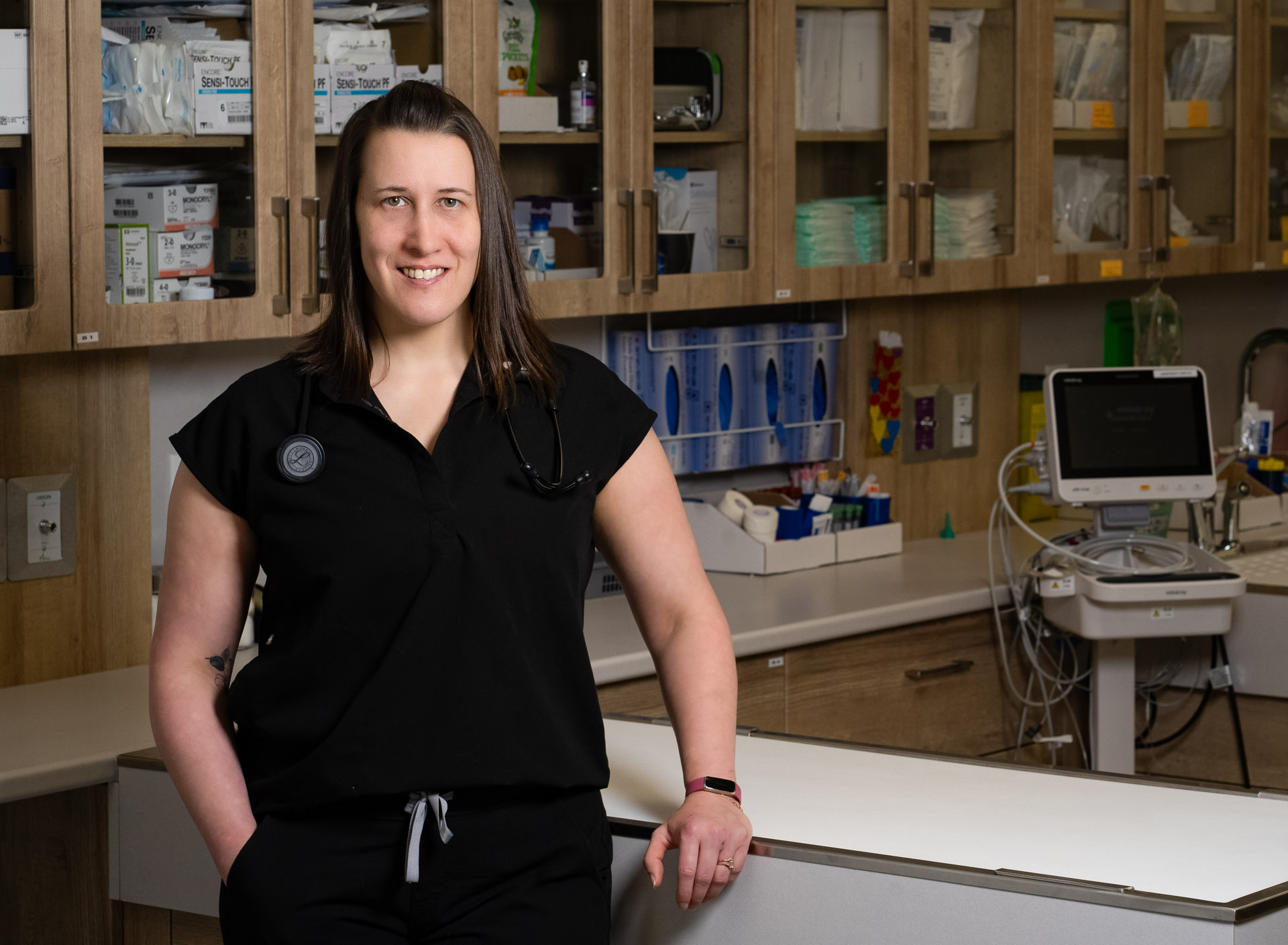
Dr. Amy Verney

Dr. Phillip Wu
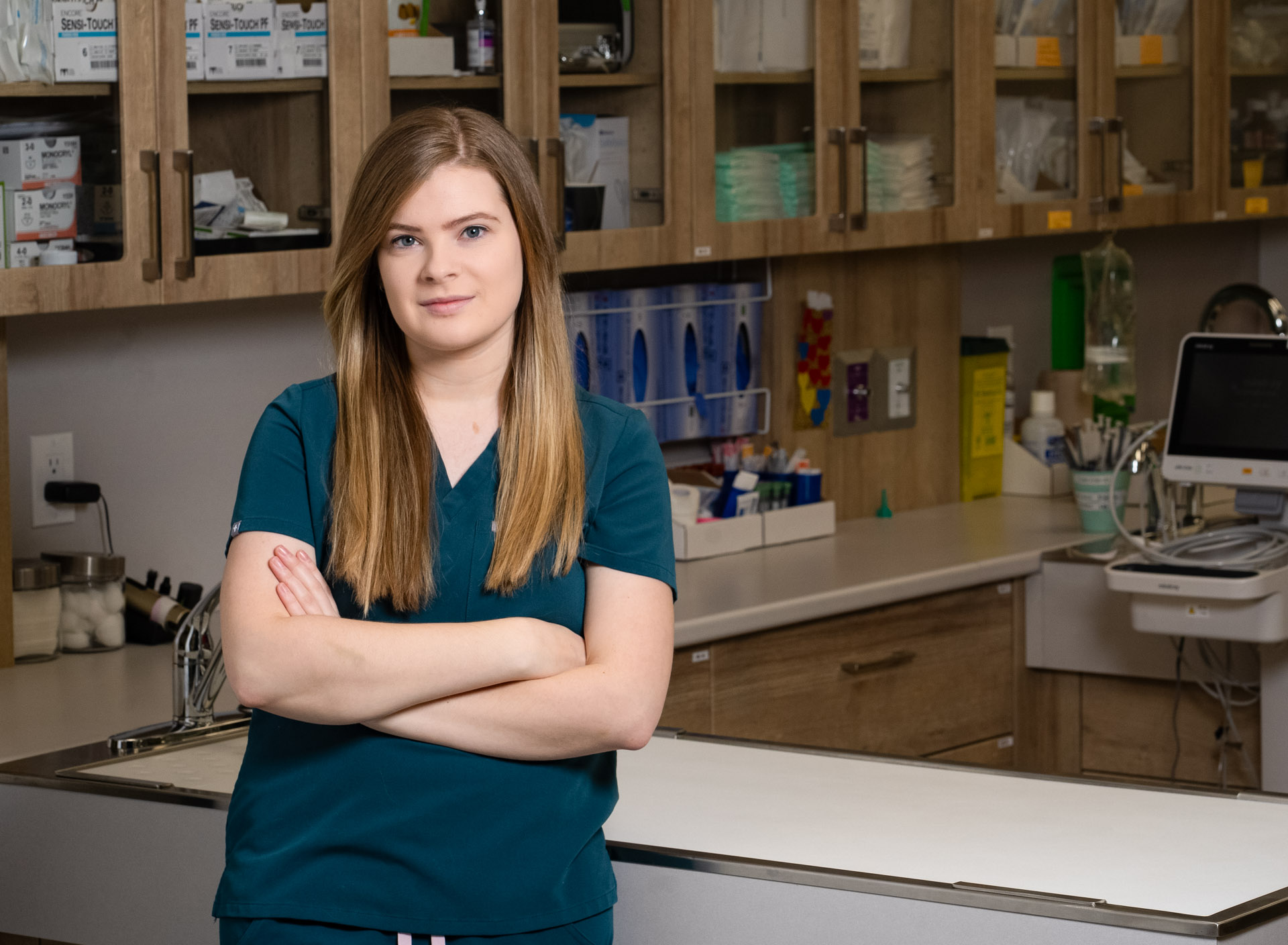
Dr. Alyssa Ziffle
What should you expect when you have an emergency with your pet, and need to use our emergency and critical care services at Capital City Specialty & Emergency Animal Hospital?
If your pet is experiencing an emergency, we encourage you to call us ahead of your arrival. We want to ensure we are available and able to see you and your pet. When you arrive, our reception team will require you to check-in. Your pet will then be triaged by the emergency and critical care team to determine the urgency of your pet’s condition and placed in the triage queue. If your pet is deemed stable, you will be asked to wait in the waiting room area with your pet. Please alert our reception staff any time you feel your pet’s status may have changed and your pet will be re-triaged.
Once called back into the examination room, the attending veterinarian will then discuss your pet’s history with you and do a comprehensive examination. If indicated, the veterinarian may suggest additional tests to evaluate your pet’s condition further and provide you with a recommended treatment plan. Depending on the severity of the emergency and the course of treatment, this process could take several hours to several days, depending on whether your pet requires hospitalization, or not. Should your pet be treated as an ‘out-patient’, meaning, no hospitalization is required, a treatment plan and discharge instructions will be provided to you, along with medications, if required.
Your pet’s emergency visit will be shared with your primary veterinarian, which will include your pet’s examination findings, the diagnosis, treatments and follow-up recommendations. This sharing of your pet’s medical information, will ensure your veterinarian is well informed in order to provide proper continuity of care.
Some of the More Common Changes or Conditions That Warrant Concern Are:
- Acute illnesses
- Trauma
- Postoperative complications
What Are Some of the Common Conditions Our Emergency and Critical Care Service Treats?
- Diabetic ketoacidosis
- Addisonian crisis
- Immune-mediated hemolytic anemia
- Immune-mediated thrombocytopenia
- Thromboembolic diseases and bleeding disorders
- Shock
- Unstable upper airway diseases and obstructions
- Unstable pneumonia or respiratory issues
- Unstable congestive heart failure
- Pneumothorax
- Gastric dilatation-volvulus (GDV)
- Intestinal obstructions
- Septic peritonitis
- Acute kidney problems (e.g., anuria, oliguria, and marked azotemia)
- Acute kidney failure
What Are Some of the Common Diagnostic and Surgical Procedures Our Emergency and Critical Care Service Performs?
- Blood work (e.g., complete blood count, serum biochemistry, etc.)
- Urinalysis
- Ultrasounds (AFAST and TFAST)
- Endoscopies
- Radiographs (x-rays)
- CT scans
- Blood and plasma transfusions
- Gastric dilatation-volvulus (GDV) corrections
- Gastrotomies, enterotomies, and intestinal resection and anastomoses
- Ventral cystotomies
- Wound management with primary closure or open wound management
At Capital City Specialty & Emergency Animal Hospital, we strive to provide you and your pet with the highest level of care. We love what we do, we love our patients, and we treat them as if they were our own.
We know how stressful emergency situations can be and we thank you for trusting us with your beloved companions. We will always strive to provide you and your pet with exceptional veterinary care.


